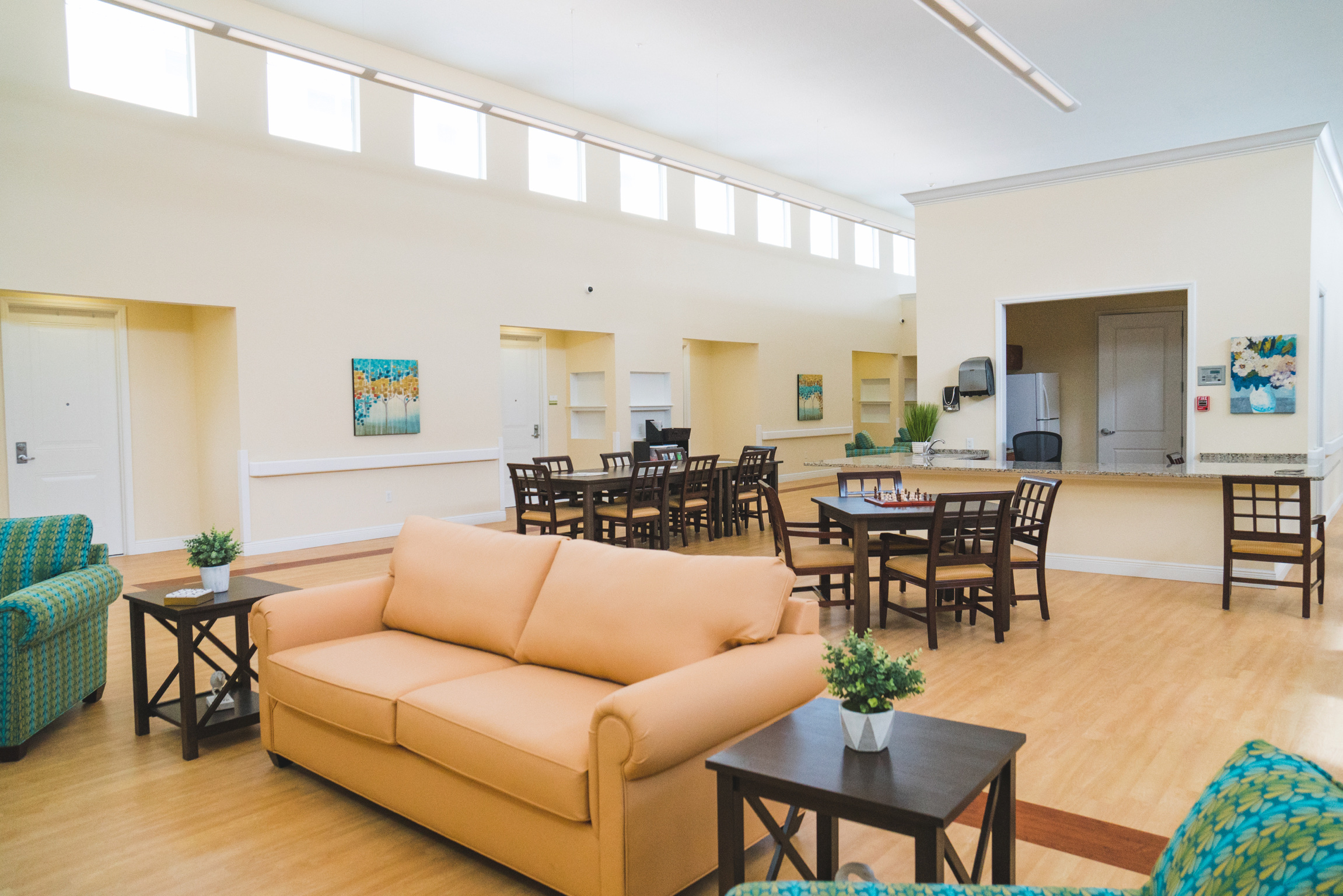Memory loss affects millions of seniors each year, and in some cases even younger people are susceptible. One of the most important components of recovering from memory loss is diagnosis and treatment, but losing memory is understandably devastating. Many seniors may choose to hide dementia or Alzheimer’s, or simply fail to recognize the change in their mental state.
The signs of these diseases may be subtle and simple at first, but will eventually become bigger and more pronounced problems that will affect everyday life. Obviously nobody wants to receive a diagnosis of one of these diseases. As a result, denial, refusing to talk, and overcompensating for issues are common methods of covering up the symptoms. There is even a condition called anosognosia, which may affect a loved one when there is damage to the part of the brain that allows the perception of one’s own illness. This could give a parent or loved one a lack of awareness of his or her own problems.
It is important to approach this topic from a position of understanding. Recognizing your loved one could be hiding his or her symptoms is the first step to getting them the care they need. Here are a few common signs to be on the lookout for.
- Covering up basic problems – Sometimes elderly people with memory loss or disease have difficulty driving or interacting with their family and friends. While they may not always have an excuse for their forgetfulness, their spouse may cover for them; they’ll step in and finish sentences, complete tasks, or just make excuses.
- Refusing to participate in their favorite activities – If your loved one doesn’t want to play a game or participate in a beloved pastime, there could be an underlying problem. He or she may be having issues remembering how to take part in these activities that were once second nature, and learning new information could be even more difficult.
- Keeping their issues a secret – Seniors will sometimes go to extreme lengths to cover up the fact that their memory is failing them to avoid having to deal with the problem, as they fear that they will lose all of their independence.
- Blatantly denying their problems – If your loved one insists that they are okay when there is an obvious problem, they are most likely in denial. Excuses such as “I’m just tired” or “It’s just my age” are common cover-ups for a bigger problem.
What matters the most is how your aging parent is functioning on a daily basis. If they are having problems with everyday living and responsibilities, strongly consider visiting a doctor. Often, Alzheimer’s or dementia is manageable at home by taking certain actions like staying active and working on memory recall exercises. Should your loved one require further assistance, our Tampa memory care facilities are wonderful options to keep your loved ones safe, secure, and in an environment designed to stimulate memory and help them flourish. Contact us today for more information.






